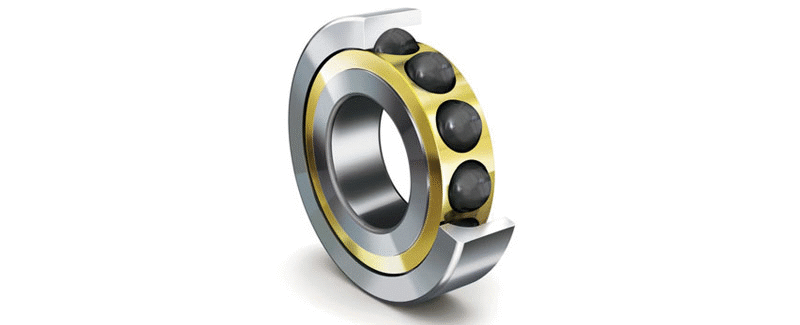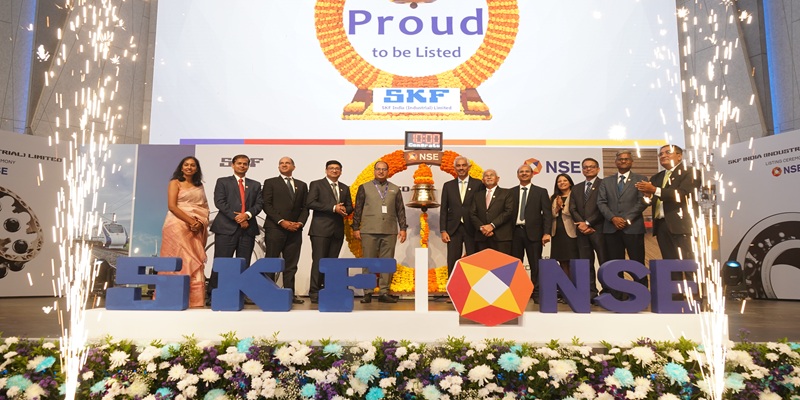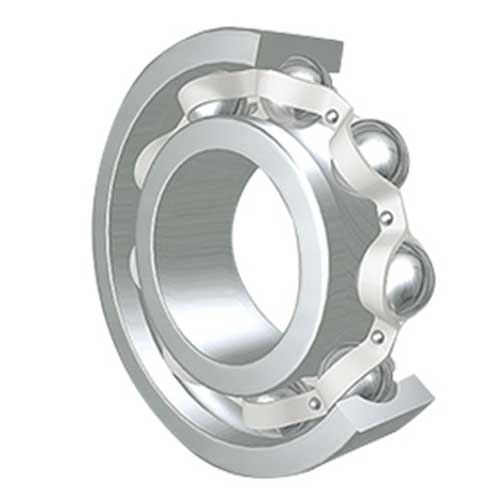Schedule a Call Back
When the going gets tough, ‘bearings’ start going
 Articles
Articles- Oct 19,19

- Plain bearings are the least expensive and most common type of bearing, compact and lightweight with high load carrying capacity. Being capable of running indefinitely, they are used in critical applications where failure of bearings might have severe consequences. They are used for power plant steam turbines, compressors operating in critical pipeline applications, ship propeller shafts; almost exclusively in engines.
- Rolling-element bearings include products like ball bearings, cylindrical roller bearings, spherical roller bearings, gear bearings, tapered roller bearings and needle roller bearings. They are used in aviation cargo systems, engines, agriculture industry, heavy equipment and machinery, solar panels, medical equipment, automobile industry, power houses and many others.
- Fluid bearings are frequently used in high load, high speed or high precision applications where ordinary ball bearings would have short life or cause high noise and vibration.
- Magnetic bearings are used in several industrial applications such as electrical power generation, petroleum refinement, machine tool operation and natural gas handling.
- Flexure bearings are often used in sensitive precision measuring equipment.
- Jewel bearings are mainly used in mechanical watches.
Related Stories

Schaeffler Appoints Maximilian Fiedler as Regional CEO Asia/Pacific
Schaeffler has appointed Maximilian Fiedler as Regional CEO Asia/Pacific, effective 1 January 2026, with a seat on the Group Executive Board representing the region.
Read more
SKF India (Industrial) Lists as Independent Entity to Drive Industrial Growth
The demerger creates two sector-focused, strategically independent organisations.
Read more
Schaeffler India Intensifies Nationwide Action Against Counterfeit Products
Counterfeit products pose serious risks to operational safety, product performance, and customer trust.
Read moreRelated Products

Maintenance-free Iglidur® Plain Bearings
igus® (India) Pvt Ltd offers a wide range of maintenance-free iglidur® plain bearings.

Plain Bushing and Bearings
BMD Precision Bearings LLP offers a wide range of plain bushing and bearings

Deep Groove Ball Bearings
LYC Bearing Corporation offers a wide range of deep
groove ball bearings.
















